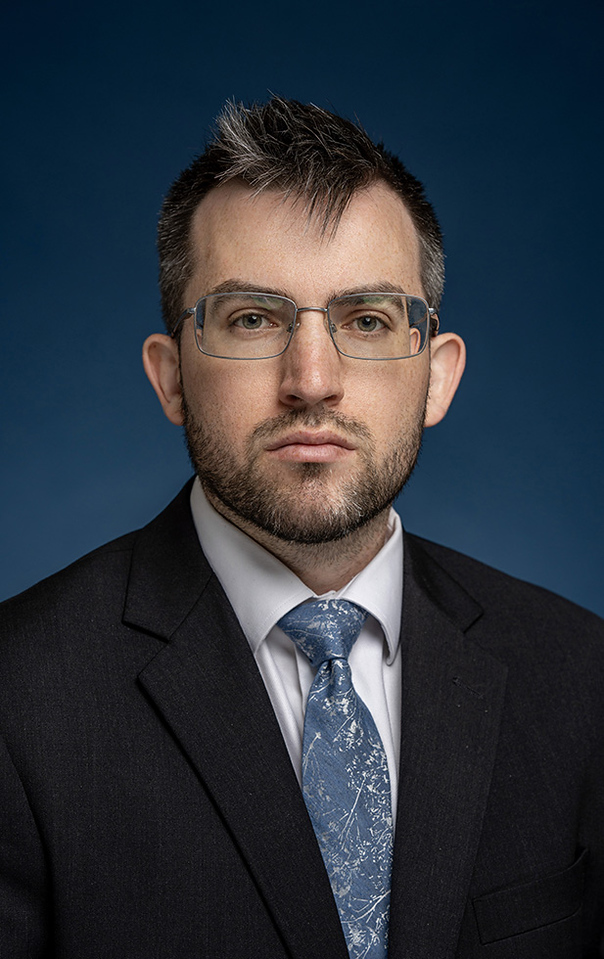This post originally appeared at https://will-law.org/will-urges-the-state-supreme-court-to-proceed-cautiously-in-considering-a-evers-request-to-fundamentally-alter-wisconsins-separation-of-powers/
The News: The Wisconsin Institute for Law & Liberty (WILL) has filed an amicus brief with the Supreme Court of Wisconsin (SCOW) urging the justices to exercise caution when considering an argument made by Governor Evers that could grow fundamentally alter how government works in the state.
The Quotes: WILL Associate Counsel Skylar Croy, stated, “Governor Evers argues that the legislature can give him legislative power he does not inherently have but cannot retain oversight of how he exercises it. It’s an absurd theory that would surrender critical oversight from the legislature. WILL believes that the legislature cannot delegate power to Governor Evers to begin with, but if the legislature can, it must necessarily also be able to safeguard how that power is exercised. This is a republic, not a dictatorship.”
WILL’s Argument Broken Down: For decades, bureaucrats in administrative agencies have been allowed to unilaterally spend money and effectively make law—in contradiction to the separation of powers. Although these administrative actions are oftentimes unconstitutional, they have been at least subject to some level of legislative oversight, including the ability to veto certain agency actions.
Now, Governor Evers says that these elected officials cannot even do that. Ironically, Governor Evers effectively asks the Court to revitalize the non-delegation doctrine, which once prohibited the legislature from assigning its power to bureaucrats in the first place; however, SCOWIS largely did away with the doctrine during the Progressive Era so that the administrative state could grow. Problematically, Governor Evers essentially says that the doctrine only prohibits the legislature from assigning its power to a legislative committee. In other words, the legislature can give legislative power to the executive but not to a legislative committee.
What the governor is essentially seeking and what the SCOW may grant is the equivalent of a father giving his son the keys to his vehicle for a night out but then not being allowed to specify that the son must bring the car back by midnight.
WILL supports a full-fledged revitalization of the doctrine but is concerned about this perversion of it. WILL is also concerned that Governor Evers’ argument, if accepted, will render the state’s Claims Board unconstitutional—a Board that, among other things, provides compensation to people who have been wrongfully imprisoned.
Additional Background: WILL has previously urged the court to vigorously enforce the non-delegation doctrine, see Becker v. Dane County. WILL is hopeful the court will not selectively enforce this doctrine – only to benefit the sitting governor who they are more ideologically aligned with.
Read more:
Our Amicus Brief, 3.27.24

Skylar Croy
Associate Counsel
Skylar@will-law.org
The post WILL Urges the State Supreme Court to Proceed Cautiously in Considering a Evers’ Request to Fundamentally Alter Wisconsin’s Separation of Powers appeared first on Wisconsin Institute for Law & Liberty.